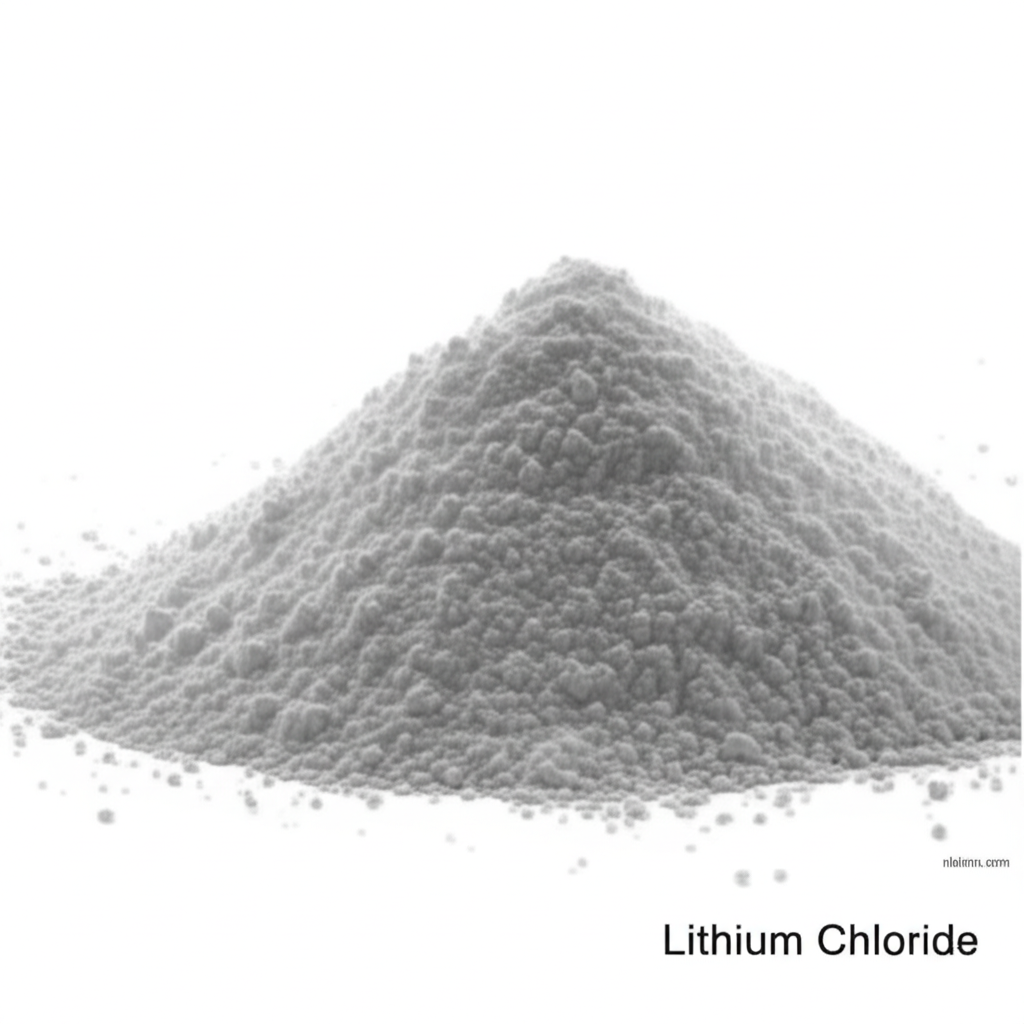Lithium Chloride: Properties, Applications, and Safety in Industrial and Scientific Use
Discover the versatile applications and essential properties of Lithium Chloride (LiCl) for your industrial and research needs.
Get a Quote & SampleProduct Core Value

Lithium Chloride
Lithium Chloride (LiCl) is a critical chemical compound with a broad spectrum of industrial and scientific applications. Its unique properties make it indispensable in various manufacturing processes and research endeavors.
- Explore the fundamental chemical properties of lithium chloride, including its formula LiCl and its hygroscopic nature. Understanding these characteristics is key to its effective application.
- Learn about the key applications of lithium chloride, such as its role as a raw material for producing lithium metal through electrolysis. This process is vital for battery manufacturing.
- Discover how lithium chloride is utilized as a flux in aluminum welding and as a desiccant in air conditioning systems. Its ability to absorb moisture makes it highly effective.
- Investigate the niche uses of lithium chloride, including its application in precipitating RNA in biochemical processes and as a potential additive in organic synthesis. This highlights its versatility beyond bulk industrial uses.
Advantages Offered by Lithium Chloride
High Solubility and Versatility
Lithium chloride boasts exceptional solubility in water and various polar organic solvents, making it highly versatile for diverse chemical reactions and formulations.
Essential for Lithium Metal Production
As a primary feedstock for electrolytic production of lithium metal, LiCl plays a crucial role in the supply chain for rechargeable batteries and other lithium-based technologies.
Effective Drying Agent
Its potent hygroscopic nature allows lithium chloride to function effectively as a desiccant, efficiently removing moisture from air streams in dehumidification systems.
Key Applications
Lithium Metal Production
Lithium chloride serves as the primary raw material for producing lithium metal via electrolysis, a fundamental step in battery manufacturing.
Industrial Desiccant
Its high hygroscopicity makes it an excellent desiccant for drying air streams and in dehumidification systems across various industries.
Aluminum Welding Flux
Lithium chloride is employed as a flux in the brazing and welding of aluminum, improving the quality and efficiency of the process.
Organic Synthesis
In organic chemistry, LiCl can act as an additive to improve reaction efficiencies, such as in the Stille reaction, showcasing its utility in fine chemical synthesis.
